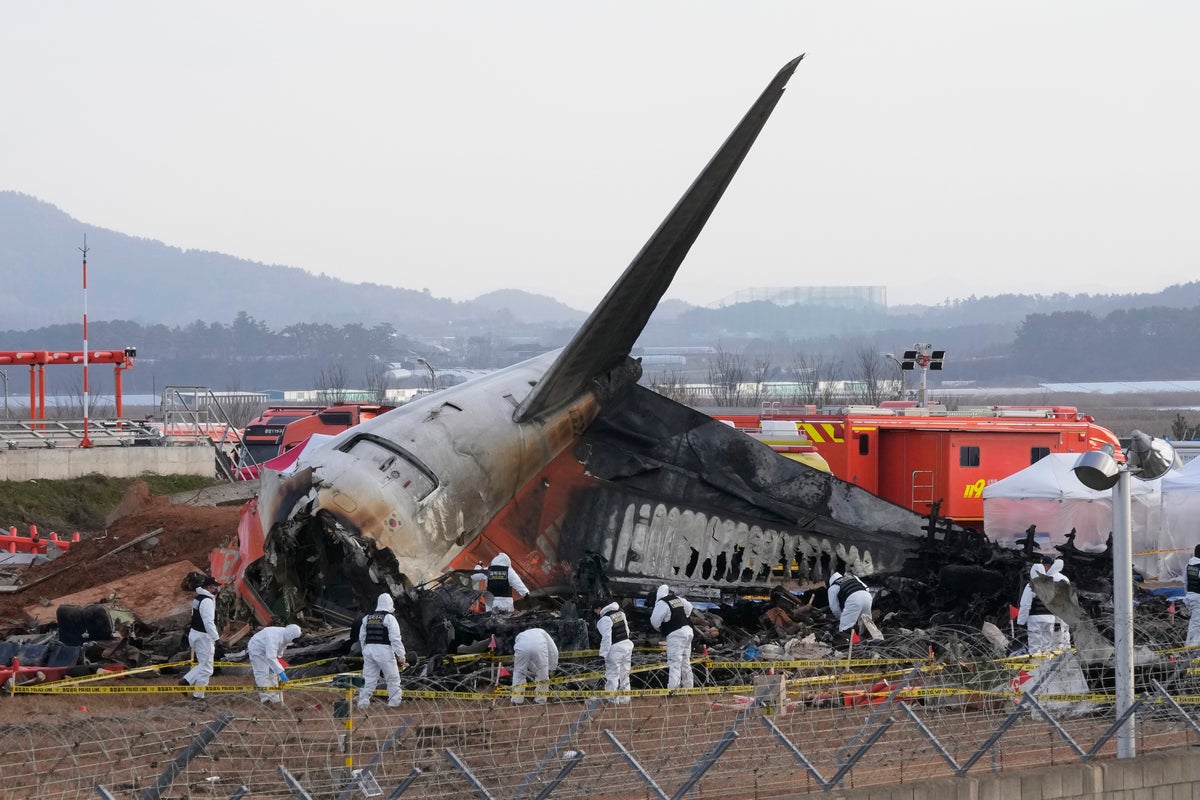
"The initial results of an investigation into December's devastating Jeju Air crash in South Korea showed that, while the plane's both engines sustained bird strikes, its pilots turned off the less-damaged one just before its crash-landing."
"The finding, which implied human errors, drew quick, vehement protests from bereaved families and fellow pilots who accuse authorities of trying to shift responsibility for the disaster to the dead pilots."
"South Korea's Aviation and Railway Accident Investigation Board initially planned to publicize the results of an investigation of the plane's engines on Saturday. But it was forced to cancel its press briefing in the face of strong protests by relatives of crash victims."
"Kim Yu-jin, head of an association of bereaved families, stated, 'If they want to say their investigation was done in a reliable, independent manner, they should have come up with evidence that backs up their explanation.'"
The investigation into the Jeju Air crash in South Korea initially revealed that both engines sustained bird strikes, but the less-damaged engine was shut off by the pilots before the crash. This conclusion, implying human error, sparked outrage from bereaved families and fellow pilots, who accused authorities of attempting to shift blame onto the deceased pilots. The Aviation and Railway Accident Investigation Board's scheduled press briefing was canceled due to protests from the families, who demanded credible evidence for the investigative conclusions.
Read at www.independent.co.uk
Unable to calculate read time
Collection
[
|
...
]